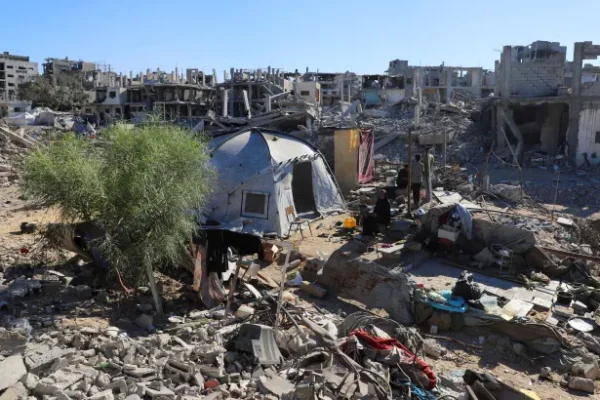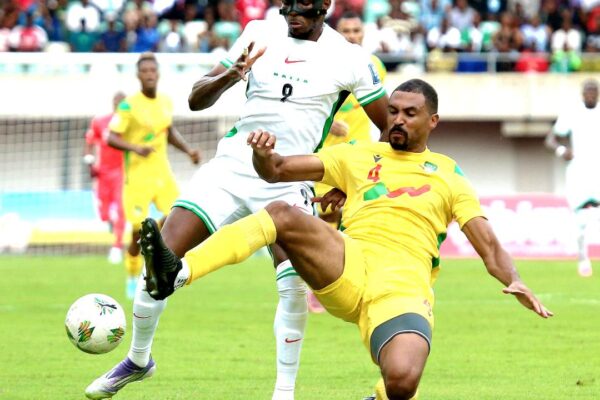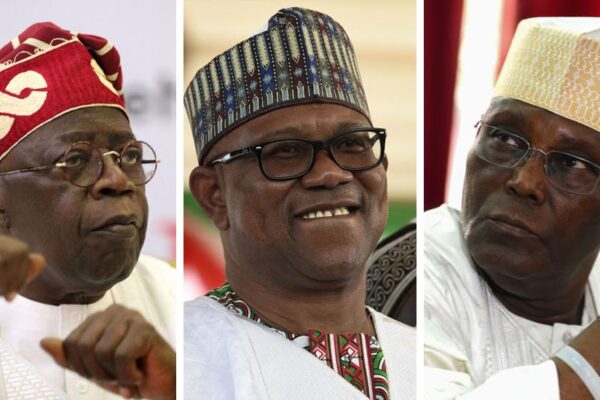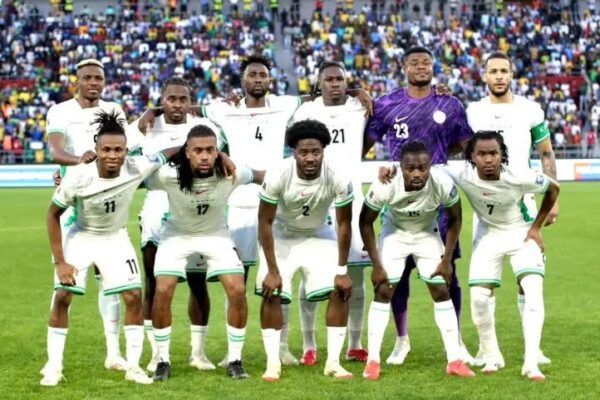If you’re plugged into Nigerian social media drama, you’ve probably been glued to your screen watching the explosive feud between crypto king Blord (Linus Williams) and activist firebrand VeryDarkMan (VDM, real name Martins Vincent Otse). What started as a takedown over a “fake” iPhone upgrade has spiraled into one of the messiest, most personal beefs of the year. And today? It hit a new low—or high, depending on how you see it—with Blord straight-up posting VDM’s alleged leaked intimate photos (yeah, those “noodles” we can’t unsee) on his Instagram Story. Buckle up; this one’s wild. The Spark: Blord’s “iPhone 17 Pro” Flex Gone Wrong. Let’s rewind to set the scene. Blord, the self-made tech entrepreneur and Blord Group chairman, has built an empire on crypto, gadgets, and that unapologetic hustle vibe. Last week, he dropped a video on Instagram unboxing what he called an “upgraded” iPhone XR—basically a refurbished old model tricked out to look and function like the shiny new iPhone 17 Pro. We’re talking custom casings, tweaked interfaces, and all the bells and whistles of Apple’s latest drop. Blord wasn’t shy about the price tag either: ₦400,000 per unit, with just two available. “Innovation at its finest,” he captioned it, flexing his China-based operations like a boss.Enter VDM, the no-holds-barred social crusader who’s made a career calling out scams, fake pastors, and shady celebs. In a viral rant video, VDM didn’t hold back: “Blord is trying to scam Nigerians! This is a cheap Chinese trick—inflating prices to look innovative. Show us the factory, bro!” He accused Blord of misleading the public and turning a basic mod into a get-rich-quick scheme. The video blew up, racking up millions of views and splitting opinions down the middle. Was Blord a visionary or a hustler playing too loose?Blord Fires Back: From Defense to Full OnslaughtBlord? Unfazed. The man hit back harder than a crypto crash. In a series of Instagram Stories and posts, he defended his hustle, insisting the upgrades were legit and done in a massive China office. “Come visit if you doubt me,” he challenged, doubling down on his transparency. But as the beef escalated, things got personal. Blord started dragging VDM’s past—accusing him of jealousy, theft (even roping in VDM’s mom in one X post), and worse. Then came the escalation we didn’t see coming. Blord upped the ante with a bounty: ₦500,000 to anyone who could send him VDM’s “unclad photos” (n*des, for the uninitiated). Fans and trolls flooded the replies, but Blord wasn’t bluffing. Today, October 14, 2025, he delivered. Screenshots circulating on X show Blord reposting what appear to be VDM’s leaked intimate images—blurry, explicit shots that have been floating around scandal archives for months—right on his Instagram Story. The caption? Something along the lines of a mocking “VDM noodles” taunt, turning the post into a brutal, viral roast.X lit up like a bonfire. Users like @Mrmykero tweeted, “Blord legit posted VDM noodles on his story nawo,” while @blaizeluxe added, “So Blord wasn’t joking. Omo so VDM was actually once selling noodles .” (For the record, “noodles” is Naija slang for those downstairs pics—crude, but effective in the beef game.) @emadeyforyou summed it up: “Omo Blord don drop Verydarkman noodles for IG status oh .” Even @chefchukwudi145 quipped, “BLord just paid 500k for VDMCC noodles . This one look like new preek ooh. So him still dey sell preek.” The memes? Relentless. From edited iPhone boxes labeled “VDM Edition” to Photoshopped noodle bowls with VDM’s face, Naija Twitter is eating this up.The Fallout: Laughter, Outrage, and a Deeper Dive into Celeb FeudsNot everyone’s laughing, though. VDM fired back in a teary Instagram Live, pleading, “Why not just talk to me and leave my mother out of it?” He accused Blord of sinking to desperate lows and vowed to expose more “fraud.” Supporters rallied behind him, calling Blord’s move a low blow that crosses into revenge p*rn territory—especially since these leaks stem from VDM’s own past scandals, like the 2024 group chat drama where his exes’ pics got aired. Critics like media personality Oriretan Honour piled on, slamming both for turning a business callout into “selfish clout-chasing” and dragging China and the Nigerian government into the mess for good measure. On the flip side, Blord’s loyalists see it as karma. “VDM started the mudslinging; Blord just finished it,” one commenter noted. It’s a reminder of how thin the line is between public accountability and personal vendettas in the influencer world. Blord’s story vanished after a few hours (IG’s 24-hour rule at work), but the damage? Done. Views, engagement, and headlines are through the roof.What Does This Mean for Naija’s Digital Drama Kings?This VDM vs. Blord saga isn’t just tea—it’s a mirror to bigger issues. In a country where crypto scams and gadget flips are big business, VDM’s watchdogs-vs-hustlers role is vital. But when lines blur into n*de-posting bounties, it raises red flags about privacy, consent, and the cost of clout. Blord’s move might win him the round (his follower count spiked overnight), but at what price to his “philanthropist” brand?As for VDM, resilience is his middle name—he’s bounced back from j*il time and leak scandals before. Expect more videos, more callouts, and probably a Portable diss track remix thrown in for spice.What do you think? Is Blord’s “noodles” post a savage win or a career-killer? Drop your takes in the comments—let’s keep the convo spicy but civil. Stay tuned for updates; this beef’s far from over.









